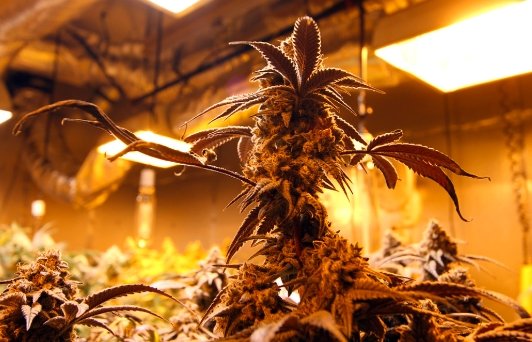In the first round of Kentucky’s medical cannabis business licensing process, 36 applicants have been selected to receive dispensary licenses through a lottery system. This marks a significant milestone in the state’s efforts to legalize medical cannabis, ensuring that businesses can cultivate, process, test, and dispense cannabis within Kentucky’s regulated framework.
Fair and Transparent Process
Governor Andy Beshear emphasized that all medical cannabis products in Kentucky’s program must be handled by licensed businesses, ensuring a controlled and transparent supply chain from cultivation to distribution. The state officials assert that the lottery selection process was designed to give every applicant an equal and fair opportunity at receiving a license.
While the process has been heralded for its transparency, some applicants have voiced concerns. Ginny Savilla, a Kentucky resident, applied for two business licenses—one for a location in Maysville and another in Lexington. Each application cost $5,000, and Savilla has expressed frustration over the large number of applications, which, she believes, lowered her chances of being selected.

Calls for More Licenses
Savilla has questioned why more licenses weren’t made available, arguing that the overwhelming number of applicants significantly reduced the chances of “normal people” securing a license. She further criticized the speed of the process, suggesting that Governor Beshear’s push to open dispensaries quickly was premature, especially since the cannabis plants themselves are not yet ready for harvest.
Ensuring a Stable Industry
Despite these concerns, Kentucky officials, including Sam Flynn, the executive director of the Kentucky Office of Medical Cannabis, have reiterated that the state’s goal is to create a stable and sustainable cannabis industry. Flynn assured that the random lottery drawing at the Kentucky Lottery Center in Louisville was designed to ensure fairness in the selection process.
As Kentucky moves forward with its medical cannabis program, the first round of licenses represents a major step toward providing residents with access to safe, legal medical cannabis products. However, challenges remain as the state works to meet demand while maintaining fairness and transparency in future licensing rounds.



